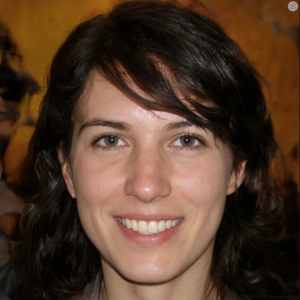With the Paris 2024 Paralympics set to begin on Wednesday, organizers are making a final push to rally local support and enthusiasm. Adverts plastered across Métro stations remind Parisians that the summer of sports is far from over. The slogan, “Game [is not] over,” creatively blends English and French to convey the message that the excitement of the Games continues with the Paralympics.
Concerns about low ticket sales and whether the French public would embrace disability sports have been alleviated in recent days. Over 2 million tickets have already been sold out of the 2.5 million available, with several events sold out. The Île de France regional government has also made strides toward making the Paris Métro more accessible for wheelchair users, addressing a significant concern for the Games.
The opening ceremony on Wednesday night promises to be a powerful display of inclusion and celebration. It will begin with a parade down the Champs Élysées, often referred to as “the world’s most beautiful avenue,” before moving to a more traditional ceremony in the open-air setting of the Place de la Concorde. The ceremony, themed around welcoming and embracing everyone, especially people with disabilities, is intended to send a strong message of inclusion. Paris 2024 President Tony Estanguet highlighted the importance of this symbolic gesture, stating that the ceremony reflects the Games’ ambition to place disability inclusion at the forefront of society.
Andrew Parsons, President of the International Paralympic Committee, echoed Estanguet’s sentiments, promising an “incredible” ceremony. He described the event as a “gigantic hug” for the 4,400 athletes competing over the next 11 days, with Paris embracing the Paralympic movement in a truly positive manner.

Engaging the French public has been a key focus for organizers, particularly as they anticipate around 300,000 visitors for the Paralympics—roughly half the number that attended the Olympics. Filling the 80,000-capacity Stade de France for the track and field events, along with other venues like the Eiffel Tower arena and the Château de Versailles, remains a priority. With the uptick in ticket sales, organizers are working to create additional seating in these venues.
Estanguet noted that the passionate atmosphere created by fans during the Olympics played a significant role in the event’s success. Organizers plan to replicate this energy for the Paralympics by encouraging proactive support and engagement at each venue. Despite some local skepticism, particularly with the Games coinciding with the end of summer vacations and the return to school, Estanguet sees this timing as an opportunity. He believes the Paralympics can send a powerful message of inclusion and accessibility to students as they return to their routines.
As Paris gears up for the Paralympics, the city’s embrace of the Games is becoming more evident, promising an unforgettable experience for athletes and spectators alike










